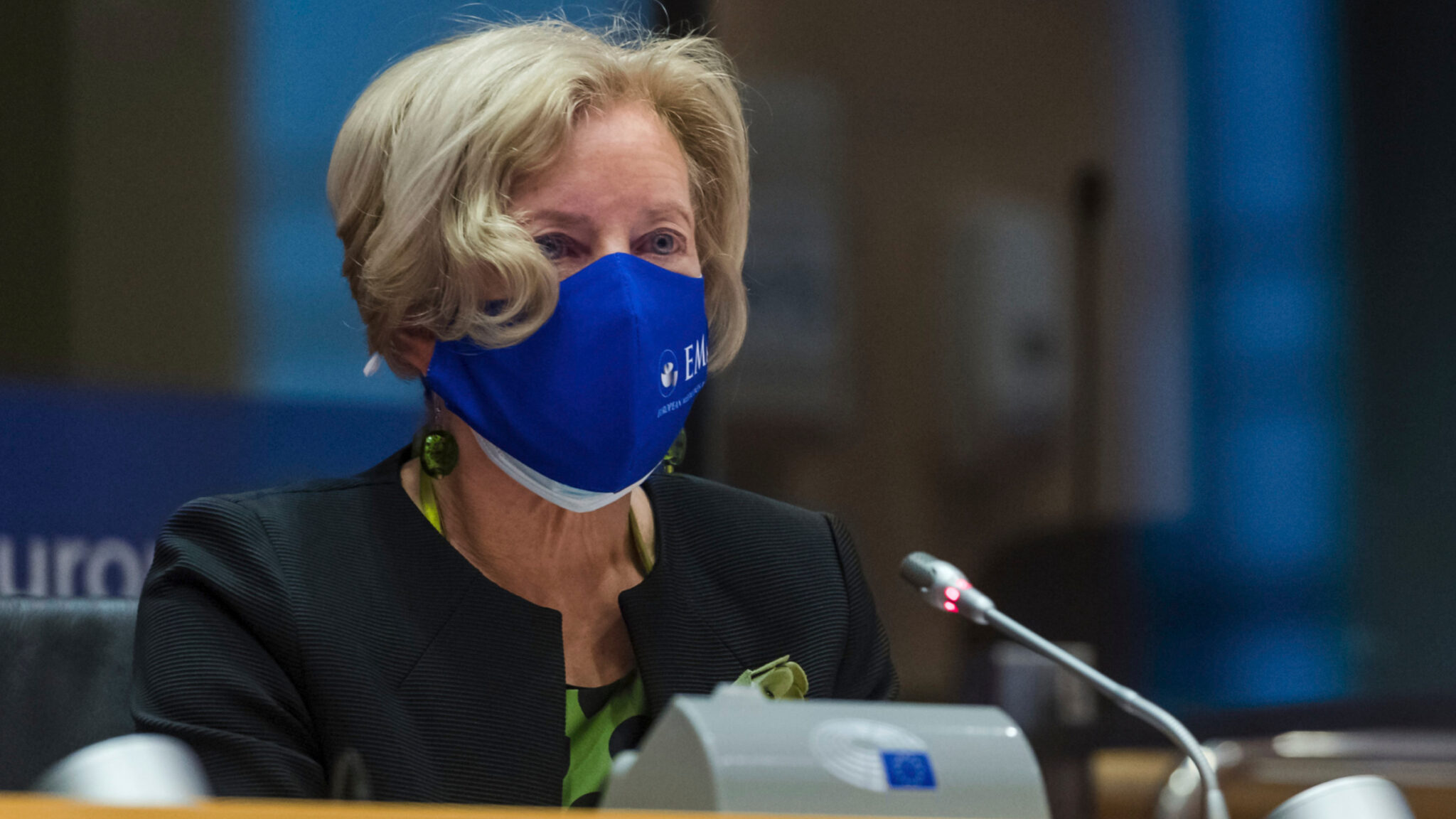
Ahead of FDA, EMA recommends authorizing new gene therapy treatment for ultra-rare disease
Aromatic amino acid decarboxylase (AADC) deficiency is an ultra-rare genetic disease that leaves patients unable to produce certain hormones in the brain, such as dopamine and serotonin, usually leading to developmental delays, weak muscle tone and inability to control the movement of the limbs. It can also lead to multiple organ failure.
To date, there have been no treatments approved for AADC deficiency, which has been identified in less than 150 patients.
Unlock this article instantly by becoming a free subscriber.
You’ll get access to free articles each month, plus you can customize what newsletters get delivered to your inbox each week, including breaking news.